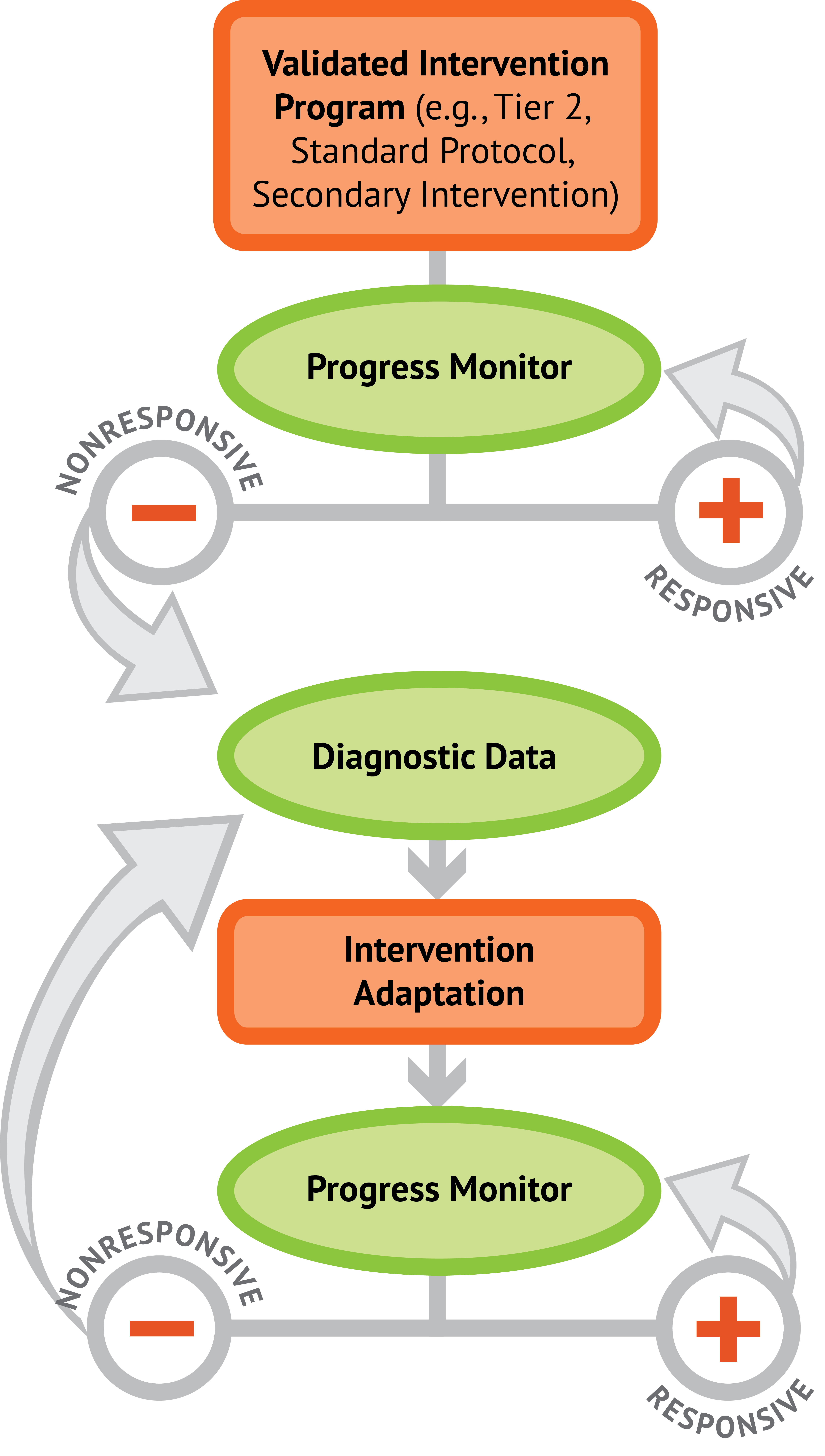Behavior/SEL: Tier 3
Tier 3 Overview
Tier 3 supports are designed to support students at significant risk for not meeting behavioral and/or social-emotional outcomes. At Tier 3, a student-centered team process is utilized to support individual students with intensive needs. The approach used is strengths-based, seeking to maximize student skills while making environmental adjustments that support student success. Because this process is so resource-intensive in terms of time and staff members, it is critically important that Tiers 1 and 2 are effective so as to minimize the number of students requiring intensive support. Additionally, teams should consider student voice in the development of behavior support plans, especially at the secondary level.
It is important to note that students who are having behavioral difficulty frequently exhibit academic challenges as well, which can complicate an already intensive process.
Use of DataUsing a process of data-based individualization, a team of staff will systematically intensify an evidence-based and validated intervention. As with Tier 2 behavior interventions, it is critical that the intensification be matched to the needs of the student. Information is collected regarding the setting and triggering events that predict as well as the outcomes that consistently follow behavior. Gathering this information helps the team identify the behavior function. Function-informed behavior support plans can then be developed to make the concerning behavior irrelevant, unlikely, unnecessary, and inefficient.

Data-Based Individualization, National Center on Intensive Intervention (n.d.)
Text-only version of the Data-Based Individualization graphic
